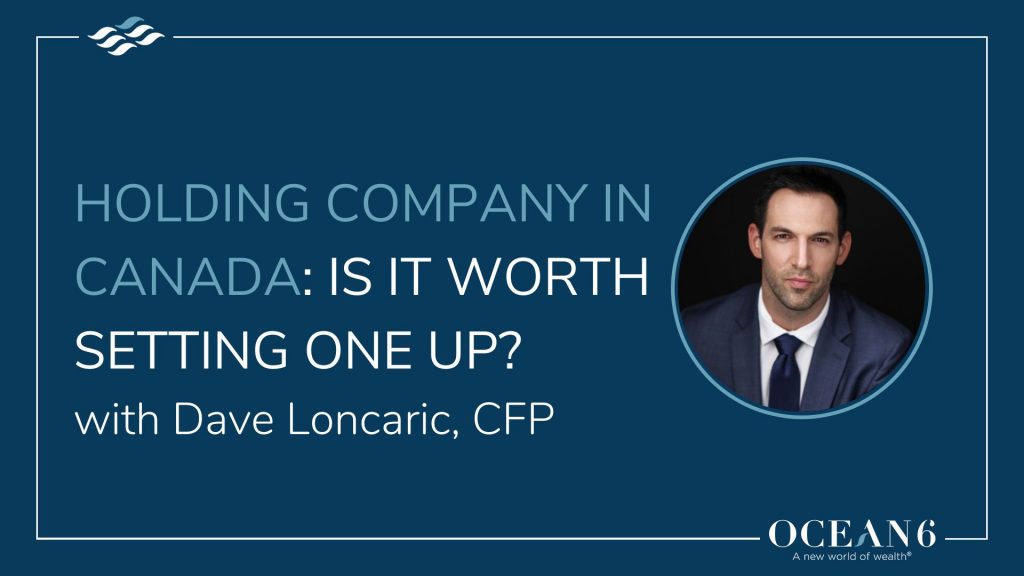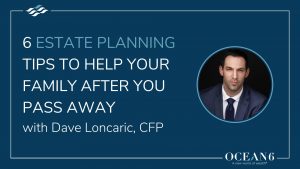Financial planning is something you might hear about a lot. But, unless you know someone who works in the industry or has benefited from personalized financial planning themselves, you might not be familiar with what it involves. With that in mind, let’s break down what financial planning and what a fee-for-service financial advisor is.
What is Financial Planning & How Do I Do It?
We will answer that question in today’s post while also covering several other related topics you won’t want to miss. So, whether you are new to the world of financial planning or you want to expand your knowledge on the subject, you are in the right place.
We’ll start by defining financial planning, and then we will cover how financial planning can help you meet your goals and what goes into creating a financial plan.
Let’s get started.
What is financial planning?
We always like to start with the basics to ensure we are all on the same page. So, what is financial planning?
Financial planning is when you (and your financial planner or advisor) begin by looking at your short-term and long-term financial goals. Then, you create a plan for getting there.
As such, financial planning can look a bit different for everyone. For example, some people primarily focus their financial planning efforts on retiring early. On the other hand, some people prefer to focus on shorter-term goals, like a once-of-a-lifetime vacation.
Why Do I Need a Financial Plan?
We’ve already mentioned that a big component of financial planning involves determining your short-term and long-term goals and helping you reach them. And that leads us to answer your next question: why do I need a financial plan?
Like most business owners, entrepreneurs, and incorporated professionals, you will have big dreams and hopes for the future. A customized financial plan can help you work out what is possible and get you there faster.
When to Hire a Financial Planner
Next, it’s also helpful to discuss when hiring a financial planner might be the right move for you.
It’s never too late to take this step, but the best time to take it is right now.
As we explain in this post, the best time to hire a financial planner is whenever you’re ready to start living your best life.
Other telltale signs it’s time to take this step might be:
- If you’re starting a business
- When you’re planning your retirement
- If your financial situation has undergone significant changes
- You want to learn more about the financial options available to you
- You’re interested in learning about minimizing taxes and maximizing your ROI
What Questions to Ask a Financial Planner
Once you decide to take the step to hire a financial planner, the next thing to consider is which questions to ask. You want to make sure to cover all of your bases and make the most of your time with your planner to ensure you’re on the right path for reaching your goals.
As we explain in greater detail in this post, these are some of the key questions to ask your
financial planner in the first meeting:
- How do you get compensated?
- How will we communicate and how often will I hear from you?
- Are you a fiduciary who will put my interests ahead of your own?
- What are my total costs? (Are there any additional fees you will have to pay)
- Can you explain your values and approach to financial planning?
- How will we measure success?
How Do Financial Planners Get Paid
We know you might also be curious about how financial planners get paid in Canada, and it’s an important question to ask!
In most cases, financial planners get paid when they sell something. Typically, this means they earn a commission for the solutions they provide their clients. These commissions can either be in upfront fees or transaction commissions.
- Upfront fees: These include for mutual funds where a percentage is paid to the financial planner for each investment made into a mutual fund.
- Transaction commissions: In the case of stock-based investments, this is where it’s more common to see a flat fee known as a transaction commission rather than a percentage.
The problem with this payment structure is the advice these financial planners give is likely to be biased towards specific products or services.
But what if you want to manage your portfolio? Invest in your business? Or buy real estate? At Ocean 6 we’re fee-for-service advisors, which means we charge a fee for unbiased innovative advice that looks at your full financial picture.
What is Strategic Financial Planning?
Now let’s talk about what goes into a strategic and effective financial plan. Or, what should a financial plan include?
First and foremost, your financial plan needs to be customized, my goals and your goals are not the same, so neither will the financial strategies we are using. A financial plan should be tailored to your particular goals and what you want to achieve in life. (This is one reason goal-setting is such a critical component of the financial planning process. Click here to learn more about financial goal-setting.)
Because your financial goals are unique, each financial plan will look a bit different. That being said, there are certain things all financial plans should take into account before you can deem them strategic or effective.
These include:
- Understanding what your financial future looks like, for some it means retiring early, but if you love what you do it could be the freedom to work from anywhere in the world.
- Cash flow planning and allocating money to wear it matters most
- Debt management and considering the overall cost of borrowing
- Risk management (this includes taking into account different types of insurance you carry, including life, critical and disability insurance.)
- Estate planning
- A long-term investment strategy based on your goals and tolerance for risk
- Strategies for minimizing taxes on personal income (On that note, take a look at this post next: 3 Ways To Pay Less Tax As A Canadian Business Owner)
Find Out How Ocean 6 Can Help You Reach Your Financial Goals
In any article answering “What is financial planning?”, the importance of goal-setting is bound to come up. That’s why, at Ocean 6, we always start with your big dreams, hopes, and ambitions for the future. We have even gone so far as to create our own goal-setting visualization, to transport you to a place where you can set goals that will stick.
So, if you’re excited about your financial future and you want to discover the path to making it brighter than ever, we should talk. Click here to set up a call with our team today.












